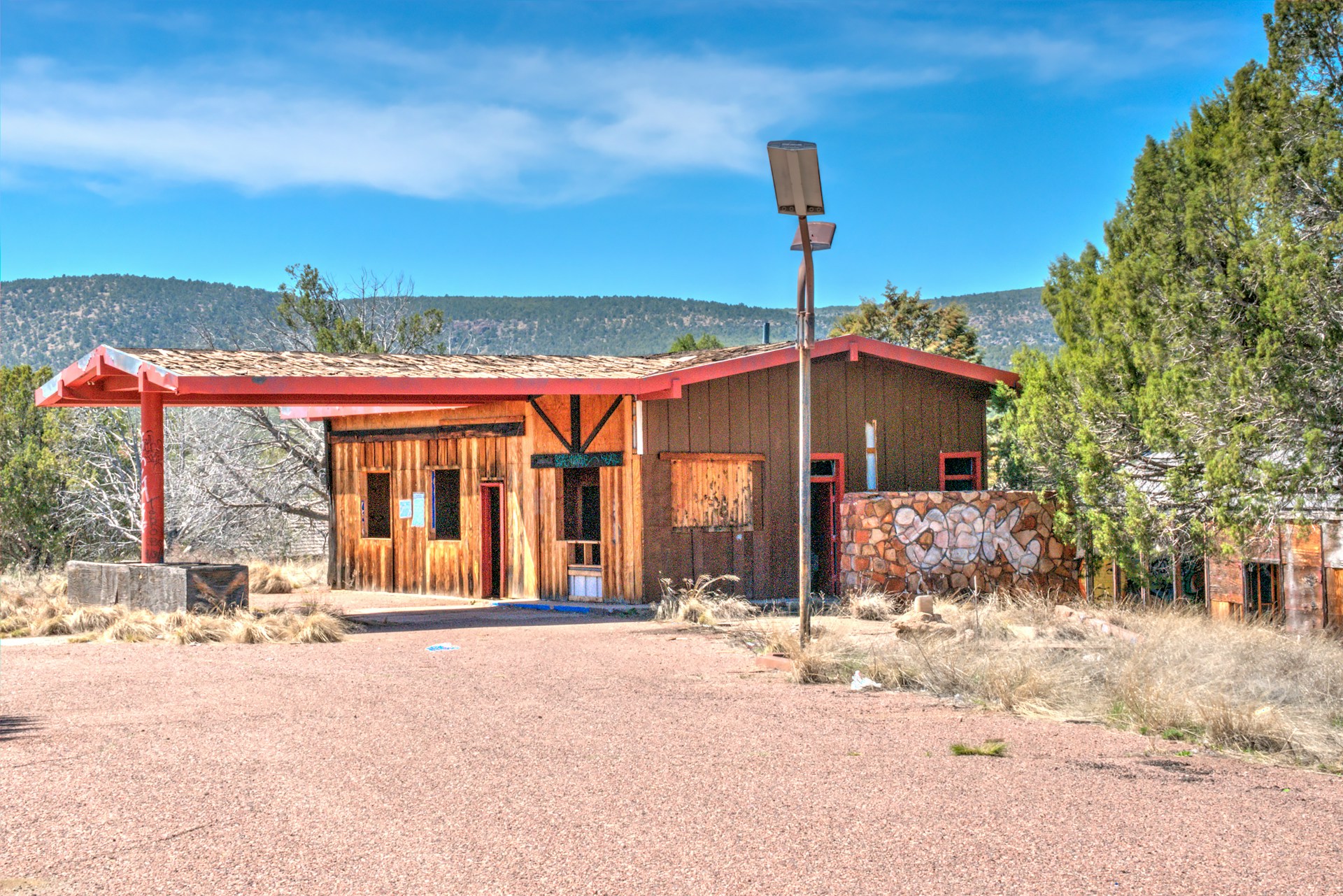How to Find Your Perfect Home in Less Traditional Locations
Did you know that between 2020 and 2022, there was an increase in population in rural areas because more people moved from urban to rural areas than in the opposite direction? Amidst rising living costs, pollution, and cramped cityscapes, you are bound to look for a fresh and peaceful start. Fast-paced city life may not be for you, but a quieter one in another location might be it. Let's explore how to find your perfect home in less traditional locations.

How to Identify the Right Location
When it comes to a fresh start, location choices are vital. Firstly, conduct thorough research. Look into the housing market to check if the property prices, rental rates, and overall availability are up to your standards. You must ensure the location meets your lifestyle by investigating local amenities and learning about the grocery stores, restaurants, and entertainment options. Additionally, make sure the place is suitable for your family. If you have kids, for instance, review the schools and daycares. Look into the healthcare facilities and community for the elderly, if applicable.
Once you have narrowed down potential locations, visit them in person. This will allow you to gouge the atmosphere in person. Let's say you are considering a move from Boston to Round Rock, Texas. You will learn only upon visiting Rock Hound how close-knit the local community is. Similarly, you will discover that certain conveniences, like public transportation, are not as extensive. By visiting, you can check firsthand whether the differences align with your expectations and make a well-informed decision that will leave you without regret.
Finding Your Ideal Home
Here are three tips to help you find your perfect home:
1. Work With Local Experts
The real estate market and resources in smaller towns differ from what city life has accustomed you to. You must work with someone with intimate knowledge of the local area to get the best advice and value, so it's best to hire a local real estate agent. They will help you navigate the nuances of the market and identify the best areas to live in
More importantly, they will steer you clear of potential pitfalls. For example, if the local zoning laws regarding the area you're considering are not favorable or have a high crime rate. This way, you can find a property that aligns with your goals and calls for a smooth move.
2. Know What You Want
Having a list of what you want your home to have is helpful. Consider the size of the property, for instance. Do you want a cozy, low-maintenance home or a spacey, outdoorsy place? You must also think about your convenience. Is it better for your home to be close to schools or healthcare facilities? Even if you are leaning towards seclusion in this rural retreat, having a home far away from grocery stores and hospitals can be inconvenient, so consider these factors and plan accordingly.
3. Plan Long Term
Remember, this will likely be your home for a long time, so decide practically. Think about how your home will fit into your evolving lifestyle. For instance, you might be tempted to move to a secluded location if you're working remotely, but first, consider whether you plan to take an on-site job in the town. If so, you must move to a home close to transportation options.
Consider whether the property value will appreciate over time, particularly in emerging development areas. A home in a developing location could offer significant returns as the area grows, but it may also carry risks if the infrastructure or demand doesn't evolve.
Endnote
Finding your perfect home is all about knowing what you truly want. Moving from big cities can be a transformative experience. However, your choices must be practical and well-informed. Read the points above to plan your move to less traditional locations and ensure all goes well!